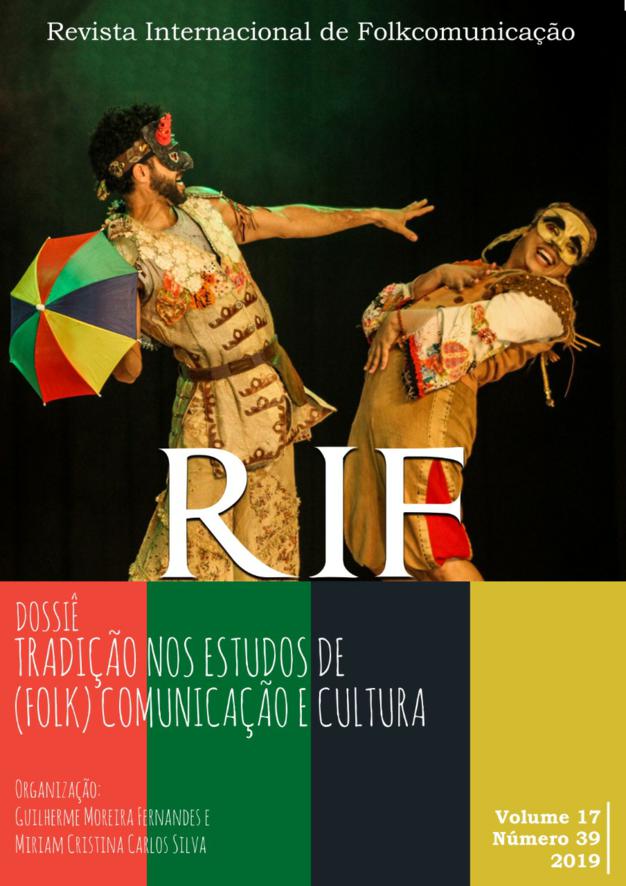A rua é nosso palco: Uma análise do projeto Teatro na Usina à luz das performances folkcomunicacionais e do desenvolvimento local em Bebelândia, Santa Rita (PB)
DOI:
https://doi.org/10.5212/RIF.v.17.i39.0009Resumo
Este artigo analisa as performances folkcomunicacionais do projeto Teatro na Usina, na comunidade de Bebelândia, cidade de Santa Rita-PB. O objetivo é verificar como a iniciativa cultural colabora para o protagonismo, empoderamento e cidadania. O método aplicado é o de estudo de caso das encenações, durante o mês de novembro/2016, juntamente com entrevistas semiestruturadas, no intuito de revelar as vozes da comunidade acerca da proposta e das melhorias ocasionadas. As performances culturais, dentro do observado, contribuem para o desenvolvimento local, no tocante ao social e educacional. Desenvolvimento local; Performances; Folkcomunicação; Educação.
Downloads
Downloads
Publicado
Como Citar
Edição
Seção
Licença

Este obra está licenciado com uma Licença Creative Commons Atribuição 4.0 Internacional.
Os autores são responsáveis, em qualquer que seja o formato do texto, pelas opiniões expressas ou indiretas presentes em seus respectivos trabalhos, não endossáveis pelo Conselho Editorial e pelos editores da Revista, bem como pela autenticidade do trabalho. Ao publicar trabalhos na Revista Internacional de Folkcomunicação, os autores cedem automaticamente os direitos autorais à publicação para veiculação das produções acadêmicas, sem ônus para a Revista. Os autores detêm os direitos autorais do texto para o caso de publicações posteriores e concedem à Revista Internacional de Folkcomunicação o direito de primeira publicação, com o trabalho simultaneamente licenciado sob a Creative Commons Attribution License, que permite o compartilhamento do trabalho com reconhecimento da autoria e publicação inicial nesta Revista. Por serem publicados em revista de acesso livre, os artigos são de uso gratuito, com atribuições próprias, em atividades educacionais e não-comerciais, sendo permitida a publicação simultânea em repositórios institucionais.































